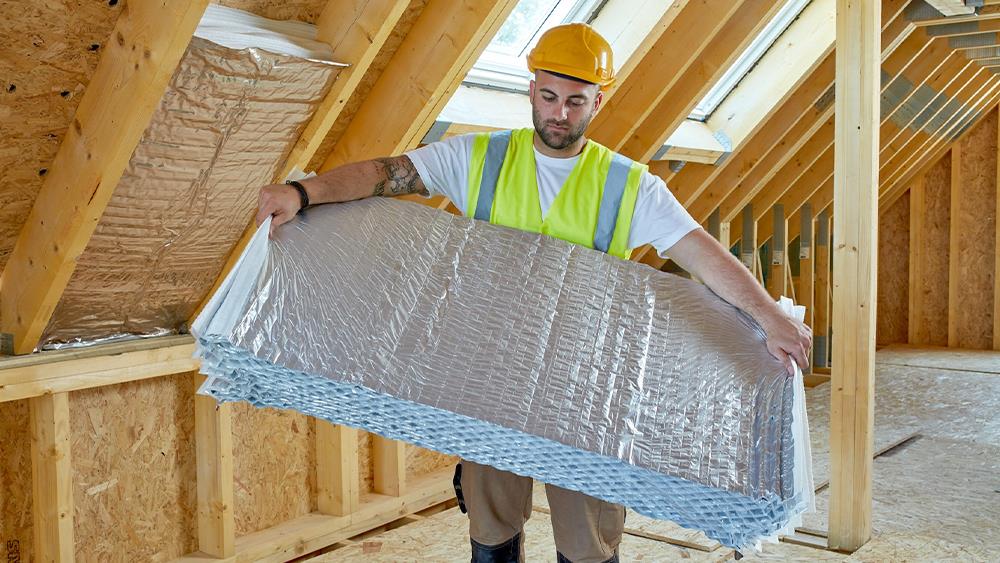

With climate scientists predicting that this year could be even hotter than record-breaking 2023, ensuring our homes stay cool is essential for our health and comfort, says insulation specialist Actis.
Within the last few days, the Met Office has named 2022 as the hottest year in the UK since records began in the 17th century, while 2023 has been the warmest year globally, according to the EU's Copernicus Climate Change Service.
Last year was also, provisional Met Office data shows, warmer than any previous year in Wales and Northern Ireland.
The summer in the UK saw the hottest June and joint hottest September on record, with temperatures reaching over 33°C.
The Met Office and experts from US science organisation Berkeley Earth believe 2024 could be even hotter than 2023, with weather phenomenon El Nino likely to add even more heat to that generated by human-induced global warming.
Various reports over the past few months have pointed to practical actions that need to be taken to adapt to the increasing heat, including one from Oxford University stating that the UK is ‘dangerously unprepared' for the impact of rising temperatures and calls for sustainable adaptations to the built environment to keep people cool.
Part O of the building regulations obliges architects to limit unwanted solar gains and provide a way to remove heat from residential dwellings.
Actis UK and Ireland Sales Director, Mark Cooper said: "The main purpose for insulation has, until recently, purely been to keep homes warm. But with the recent hot summers we've had, and no sign of them going away, staying cool to reduce the uncomfortable and even dangerous effects of heat on the human body while indoors is increasingly important.
"This needs be done in a way which doesn't add more fuel to the climate change fire. Energy-guzzling air conditioning systems, which create a vicious circle, are not the answer. That has to lie in addressing the fabric of the building, which includes minimising solar gain and installing heat-reflecting insulation.
"While some insulation products can make homes unbearably hot in the summer, reflective alternatives also act as coolants - helping protect the health and comfort of the occupants."